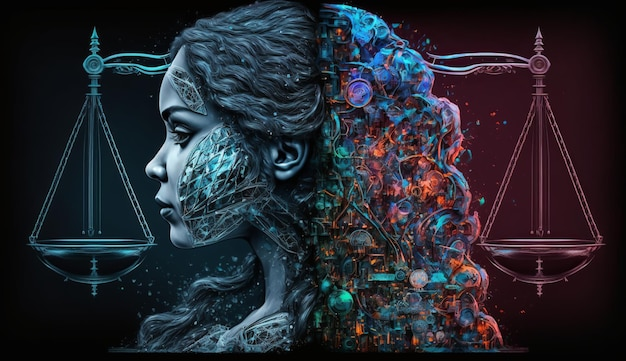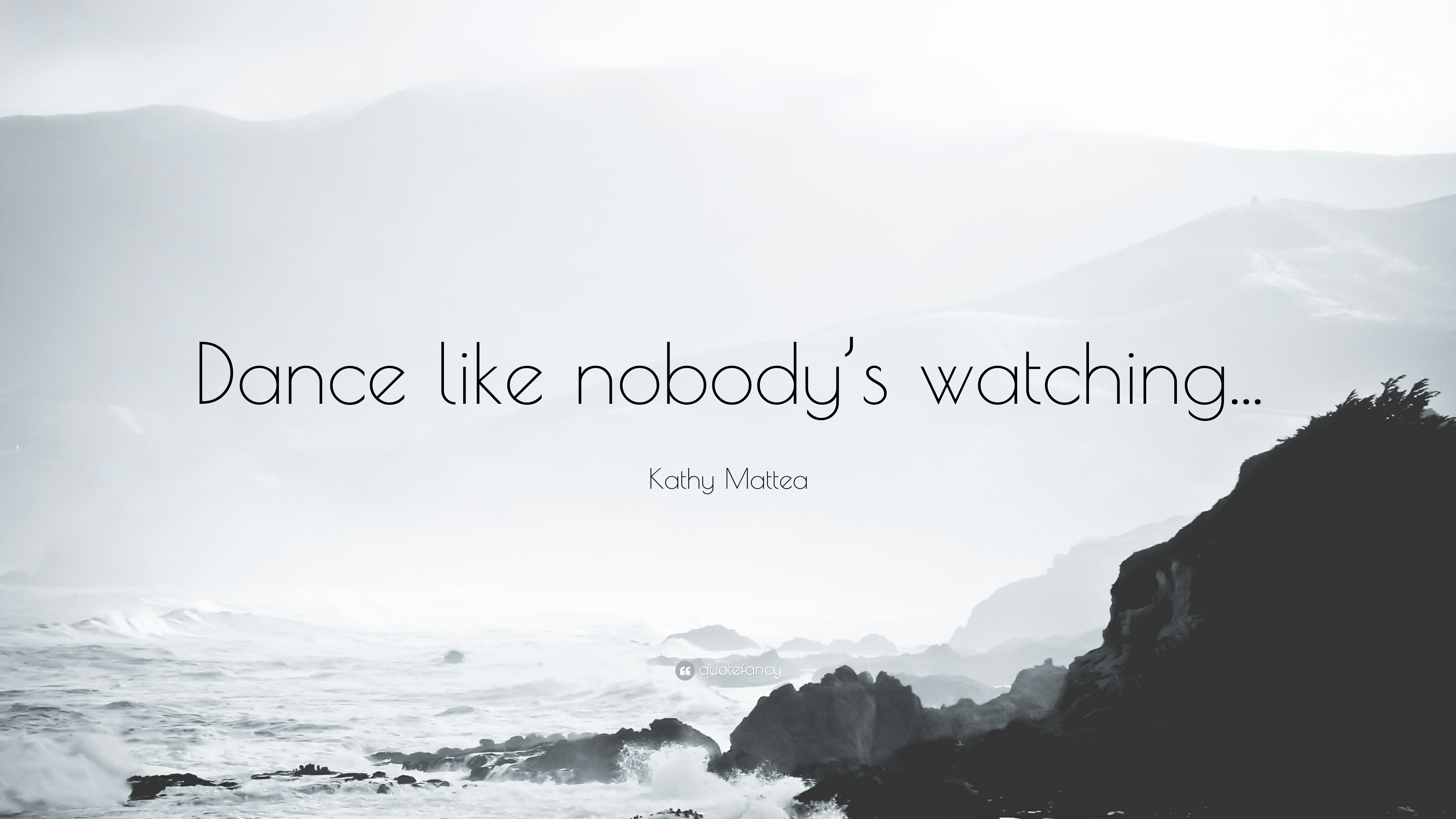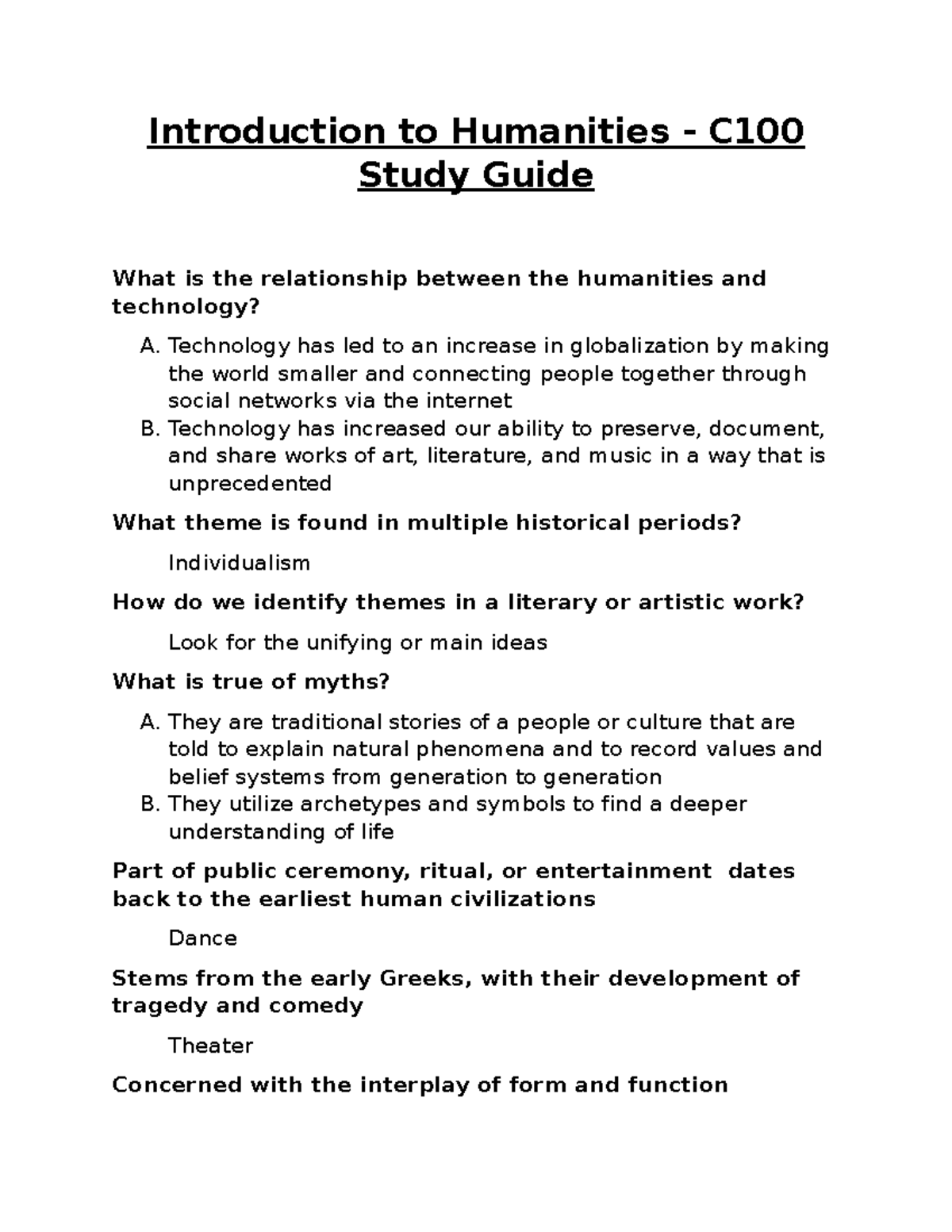AI and Social Justice: Envisioning a Better Future
April 24, 2025 | Culture News | No Comments

AI and social justice are essential topics in today’s technology-driven society, as they intertwine with our collective quest for equity and fairness. Renowned sociologist Ruha Benjamin emphasizes that the future of AI need not be a dystopian narrative dominated by wealthy tech elites. She argues that such individuals often present their visions as altruistic while actually prioritizing self-interest, potentially reinforcing societal inequalities. With concerns over algorithms perpetuating biases and discriminatory practices in technology, it becomes imperative to foster a dialogue around human values and their integration into AI design. As we navigate this landscape, embracing creative imagination can help us envision more inclusive futures where technology serves the broader good rather than deepening existing divides.
The intersection of technology and social equity presents pressing challenges that are increasingly relevant in contemporary discourse. Through her insightful critiques, Ruha Benjamin encourages a reimagining of artificial intelligence, urging us to critically assess how these tools impact marginalized communities. The emphasis on integrating ethical principles into technological advances highlights the importance of human-centric approaches in the future of AI. By shifting our focus from merely improving existing systems to rethinking their fundamental structures, we can better address the inequalities entrenched within them. This dialogue invites us to explore how imaginative thinking can lead to innovative solutions that promote justice and fairness in an evolving digital landscape.
Imagining Futures Beyond Dystopia
In her Tanner Lectures, Ruha Benjamin emphasizes that the future does not have to be a dystopian one, despite the narratives often pushed by tech elites. She argues that while billionaires are busy envisioning survival strategies for AI-induced crises, the average citizen should also engage in creative imagination to propose radically different futures. Benjamin’s insights invite us to reflect on the types of futures that we envision and challenge the limitations imposed by those who hold economic power. This perspective is vital as societies collectively navigate the complexities of technological advancements that can either oppress or uplift human values.
Benjamin’s call for a reimagined future resonates across various fields, pushing for a broader inclusion of voices from arts and humanities in discussions about technology. Beyond simply opposing harmful tech practices, she advocates for an anticipatory approach where creativity thrives. By actively engaging in imaginative exercises, communities can envision scenarios where technology serves the common good. This paradigm shift is essential for crafting a future that prioritizes social justice, allowing for a more equitable distribution of technological benefits and minimizing the risks associated with AI.
AI and Social Justice: Reassessing Technological Direction
As Ruha Benjamin points out, AI technologies are often presented as neutral or altruistic, yet they frequently exacerbate existing social injustices. The implications of AI systems that lead to false arrests or biased healthcare decisions reveal a pressing need for critical examination. Benjamin’s critique highlights the essential conversation surrounding social justice and technology; we must question who designs these systems and who they are meant to serve. This scrutiny demands not only technical expertise but also a profound understanding of social dynamics and historical contexts, emphasizing that technology must be a tool for empowerment, not oppression.
Advancing the dialogue about AI and social justice involves recognizing the historical patterns of technological misuse, as seen in the eugenics movement. By focusing on the societal impacts of AI, we can begin to discern how these technologies affect marginalized communities disproportionately. Benjamin urges a collaborative effort across disciplines to ensure that AI systems incorporate diverse perspectives and values, moving beyond a purely technical lens. By weaving together insights from sociology, history, and ethics with technological development, society can strive to create systems that genuinely reflect collective aspirations for equity and justice.
Creative Imagination: A Tool for Social Transformation
Ruha Benjamin emphasizes the invaluable role of creative imagination in shaping the future of technology and society. By advocating for the integration of the arts and humanities into discussions about technological development, she believes we can cultivate innovative solutions to contemporary challenges. This approach encourages individuals and communities to think critically and creatively about the systems they inhabit. Benjamin frames this as an invitation to question not just the current state of technology, but to envision a radically different landscape—one that transcends borders, policing, and supremacy.
To harness this creative imagination, education systems must shift towards prioritizing inquiry and fostering diverse types of knowledge. Ruha Benjamin’s vision challenges a one-dimensional view of technological progress, urging institutions to explore interdisciplinary connections that include cultural and ethical considerations. This transformative approach to education can empower future generations to address the challenges posed by AI while dreaming of a more equitable world. By cultivating spaces for creative thinking, we can foster a collective will not only to critique existing systems but also to envision and build alternative futures rooted in social justice.
Frequently Asked Questions
How does Ruha Benjamin connect AI with social justice in her lectures?
Ruha Benjamin emphasizes the need to reimagine AI technologies through the lens of social justice. She critiques how current AI advancements often serve self-interests of tech elites rather than addressing human suffering. By advocating for a focus on human values, Benjamin inspires us to think creatively about technology’s role in society, rather than accept the status quo.
What are the risks of AI in relation to social justice, according to Ruha Benjamin?
Ruha Benjamin warns that AI technologies, often framed as efficient and progressive, can perpetuate oppression. Examples include biased facial recognition leading to wrongful arrests and automated healthcare systems that discriminate against marginalized communities. She stresses the need for social and historical depth in AI decision-making, highlighting the dangers of mathematical neutrality.
Why does Benjamin argue that imagination is crucial for the future of AI and social justice?
Benjamin advocates for creativity and imagination as essential components in shaping the future of AI and social justice. She encourages questioning existing paradigms and reimagining systems to envision possibilities beyond surveillance and hierarchy. This approach aims to empower communities and foster solutions that prioritize human dignity and equity.
What solutions does Ruha Benjamin propose for integrating social justice into AI technology?
Ruha Benjamin suggests prioritizing interdisciplinary collaboration that involves not only technical experts but also voices from the arts and humanities. She believes that understanding societal contexts is critical for creating AI systems that foster social justice. By rethinking how we design and implement AI, we can develop technologies that genuinely serve the public good.
How can universities contribute to social justice initiatives in AI, according to Ruha Benjamin?
Benjamin calls for universities to enrich their curriculum by fostering inquiry and creativity through arts and humanities. By doing so, students are encouraged to think critically about the societal implications of AI and work towards innovative solutions that dismantle oppressive systems. This approach aims to cultivate a new generation of thinkers capable of envisioning equitable futures.
What role do value systems play in the future of AI and social justice?
Value systems are fundamental in shaping the development of AI technologies. Ruha Benjamin argues that without considering human values, AI can exacerbate existing inequalities. She stresses the importance of integrating social justice principles into AI design, ensuring that technologies are created with the aim of promoting equity and serving marginalized communities.
How does Ruha Benjamin view the current narrative surrounding AI and technological progress?
Benjamin critiques the dominant narrative that presents AI advancements as altruistic innovations. She argues that many proponents are driven by self-interest, often overlooking the ethical implications. By advocating for a broader discourse that includes social justice, Benjamin encourages a critical examination of who benefits from AI and how it shapes society.
What can individuals do to contribute to the intersection of AI and social justice?
Individuals can contribute by staying informed about the implications of AI on society and advocating for ethical practices that prioritize human rights. Engaging in discussions around AI policies, supporting organizations focused on social justice, and promoting interdisciplinary approaches in technology can help promote a more equitable future.
| Key Points | Details |
|---|---|
| Radically different future | The average citizen should not fear envisioning a drastically improved future for humanity, a vision that contrasts with tech billionaires’ often self-interested plans. |
| AI’s altruism questioned | AI proponents often present their visions as altruistic, yet they are frequently driven by self-interest, prompting skepticism about their intentions. |
| Tech elites’ reliability | Trusting tech leaders to alleviate human suffering is unwarranted, as their actions suggest a focus on personal survival rather than the common good. |
| Consequences of AI technologies | AI technologies, marketed as efficient, often exacerbate societal oppression, leading to issues like biased law enforcement and healthcare decisions. |
| Unjustified reliance on algorithms | Relying on math and algorithms for societal decision-making tends to harm marginalized groups, reminiscent of the eugenics movement. |
| Need for diverse knowledge | Innovation shouldn’t be limited to technical expertise; a variety of perspectives are crucial for solving societal issues effectively. |
| Creativity in imagining futures | A call for renewed focus on creativity, urging institutions to explore through arts and humanities to envision an improved world. |
Summary
AI and social justice are intrinsically linked, as Ruha Benjamin emphasizes the importance of reimagining a future that values equality and inclusivity. Rather than accepting technologies that perpetuate oppression, we should strive for creative solutions that benefit all members of society. By broadening our perspectives beyond mere technical efficiency, we can pave the way for innovations that truly serve the common good, dismantling systemic injustices that have persisted for far too long.
AI and social justice, creative imagination, future of AI, human values, Ruha Benjamin, social justice in technology

